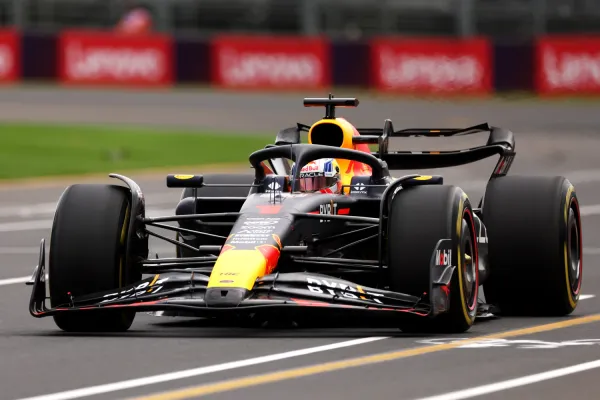Putting the brakes on AI
Suggesting a future where AI complements humans as part of an assignment for the FT Student Advocate Program

There seems to be a key paradox during the AI revolution that remains unresolved: while trillions are poured into AI training and development, we struggle to protect the human creativity that makes it all possible.
Richard Waters in the Financial Times sheds light on the arms race in the tech industry – venture capitalists are betting big on AI, with companies such as Databricks raising unprecedented amounts, upwards of $10 billion[^ https://www.ft.com/content/509feb0e-1fe3-4838-818c-cb33b49008bc]. But this gold rush raises important questions about who really benefits from AI advancement.
It is ironic that a company such as Databricks, helping companies process and analyze data, thrives while creators lose control of their own work. As novelist Kate Mosse highlights in her FT piece, AI companies are using artists' and writers' work without permission or compensation to train their models. Her books, which represent 15 years of research and effort, were fed into Meta's AI systems without her knowledge, alongside 191,000 other books in the Books3 dataset[^ https://www.theatlantic.com/technology/archive/2023/09/books3-database-generative-ai-training-copyright-infringement/675363/].
Meanwhile, Google's recent AI breakthroughs (as covered in the FT), including Gemini 2.0 and advanced video generation capabilities, demonstrate the rapid pace of innovation. As these tools become more powerful, we must ask: are we moving too fast? Are we considering the long-term implications for human creativity?
The current approach of "move fast and break things" might work for tech development, but when it comes to creative rights and cultural heritage, we ought to move more thoughtfully. After all, without human creativity to learn from, even the most advanced AI systems would have nothing to build upon – while their capabilities are certainly impressive, AI ultimately only remixes and recombines what humans have created.
The solution isn't to halt AI progress. Instead, we require a balanced approach that protects creators while fostering innovation. The UK's creative industries, worth £108 billion[^ https://www.ft.com/content/f26bda64-1237-4188-8540-210367567089] annually alone, can count on its success thanks to its strong intellectual property protection. Rather than forcing creators to 'opt-out', companies ought to be implementing fair standardisation and licensing systems for creative works used in AI training, and providing transparent compensation models.



